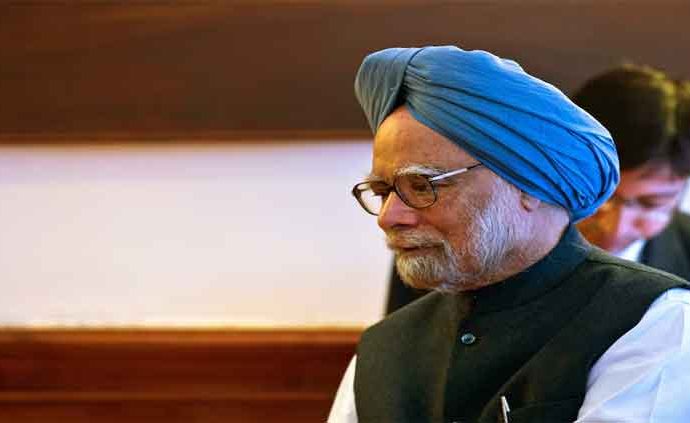Reuters, NEW DELHI – The gentle-spoken Manmohan Singh, who passed away on Thursday at the age of 92, was seen as a “reluctant king” during his first term as prime minister and was undoubtedly one of India’s most effective leaders.
Singh served a record two terms as prime minister from 2004 to 2014, making him the first Sikh to rule his country. He had been receiving treatment for ailments associated with aging.
Singh is recognized for having led India to unheard-of economic expansion and rescuing hundreds of millions from extreme poverty.
When Prime Minister Narendra Modi declared, “India mourns the loss of one of its most distinguished leaders,”
Manmohan Singh was born into a low-income family in what is now Pakistan, a region of British-ruled India. He studied by candlelight to get admission to Cambridge University before continuing on to Oxford, where he completed his doctoral thesis on the contribution of free trade and exports to the Indian economy.
He rose to prominence as an economist, served as governor of India’s central bank, and advised the government. However, when he was unexpectedly appointed finance minister in 1991, he had no clear ambitions to pursue a career in politics.
Singh oversaw the implementation of deregulation, changes that prevented India’s economy from experiencing a serious balance of payments crisis, and other initiatives that opened the closed nation to the outside world during that time till 1996.
“No power on earth can stop an idea whose time has come,” he famously quoted Victor Hugo as saying in his maiden budget address. He went on to say, “The emergence of India as a major economic power in the world happens to be one such idea.”
Even more surprising was Singh’s rise to the position of prime minister in 2004.
Sonia Gandhi, who had guided the center-left Congress Party to an unexpected win, requested him to assume the position. Being Italian by origin, she was afraid that if she were to become the country’s leader, opponents who supported Hindu nationalism would exploit her heritage to criticize the government.
Amidst an unparalleled era of economic expansion, Singh’s administration distributed the benefits of India’s newfound prosperity by implementing social programs including a jobs program for the impoverished in rural areas.


